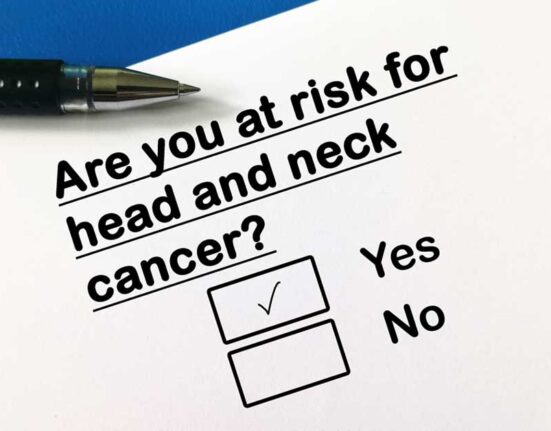Although there is no definitive way to prevent colon or colorectal cancer, some preventive measures can help lower the risk of developing the disease. Here are some helpful tips to reduce the colon cancer risks:
Regular Screening is an Important Measure To Prevent Colon Cancer
A screening test can detect precancerous cell growth for people with no colon cancer symptoms. The cancerous cell growth or polyps usually takes place over a long time, usually between 10 to 15 years. A regular screening test can look out for polyps, and they can be removed before they can result in colon cancer.
Most health experts suggest a screening test for people over 50. A healthcare provider can offer colonoscopy or sigmoidoscopy depending on the person’s health, age, and symptoms. Another easy and inexpensive screening test is FIT (Fecal Immunochemical Test) or FOBT (Fecal Occult Blood Test). The FIT looks for concealed blood in the stool, a colorectal cancer symptom. On the other hand, FOBT is a combined test for blood in the stool and DNA changes due to cancerous cell growth.
Watch Your Weight
Obese and overweight people are at higher risk of developing different diseases. For example, studies suggest that being overweight is a risk factor for over thirteen cancers, including colon cancer. So adopting a healthy lifestyle and weight management program may help lower the risk of colorectal cancer.
Exercise To Prevent Colon Cancer
Physical activity reduces the danger of developing polyps and cancer of the colon. Exercises of moderate to high intensity performed regularly can reduce the colorectal cancer symptoms. Reducing your time spent sitting or lying down may also help. Raising one’s level of physical activity in terms of time spent exercising, and intensity may help mitigate risk.
Maintain a Healthy Diet
Everyone knows the importance of a healthy diet in ensuring overall wellbeing. More and more studies suggest it also lowers the risk of colon cancer. Foods such as wholegrain, green vegetables, and fruits are excellent sources of vitamins, fibers, and carbs that improve health. Many experts warn against consuming red meat and processed meat. The increasing number of studies indicate a link between red meat and colorectal cancer risk.
Some research studies indicate fiber may also lower the risk of colon cancer. Studies are still being conducted in this field. However, newer studies focusing on wholegrain consumption reveal an inverse association between the tumour and increased consumption of these grains.
Stay Healthy By Avoiding Alcohol and Smoking
Consumption of alcoholic beverages is associated with an increased danger of developing colorectal cancer. So avoiding or limiting alcohol is an effective way to lower the chances of developing cancer.
Long-term smokers have a higher risk of colon and rectal cancer and dying from the disease than non-smokers. Therefore, quitting smoking is the best decision for your overall health and minimizing the chances of fatal diseases like heart disease, colon cancer, and stroke.
Note on Vitamins and Supplements
- Vitamin D
Studies have linked insufficient vitamin D levels to an increased risk of malignancies overall, including colorectal cancer. However, the risk of skin cancer from too much sun exposure prevents most doctors from recommending this approach to reducing colorectal cancer risk.
- Calcium
Some studies have found an association between low dietary calcium intake and an increased risk of colorectal cancer. Some evidence from other research suggests that consuming more calcium may help reduce the risk of colorectal cancer. Calcium’s benefits extend far beyond any speculated influence on cancer risk. However, due to a lack of convincing evidence and a higher risk of prostate cancer found in those consuming high calcium food products, most experts don’t recommend calcium supplements for colon cancer prevention.
Since vitamin D helps the body absorb calcium, perhaps taking both can cut the risk of colorectal cancer even further. However, every research has not concluded that these vitamin supplements lower risk.
Understanding colon cancer causes (risk factors) and identifying colorectal cancer symptoms through regular screening can help people lower the risk. It also assists doctors in creating an appropriate colon cancer treatment before it becomes life-threatening.
Protect against cancer, cardiovascular disease, and other chronic diseases with regular health screening. Compare and shop for health screenings from Singapore and regional healthcare providers at a single convenient platform - shop.health365.sg
This article is informative only and is not intended to be a substitute for professional medical advice, diagnosis, or treatment, and should never be relied upon for specific medical advice.






















































